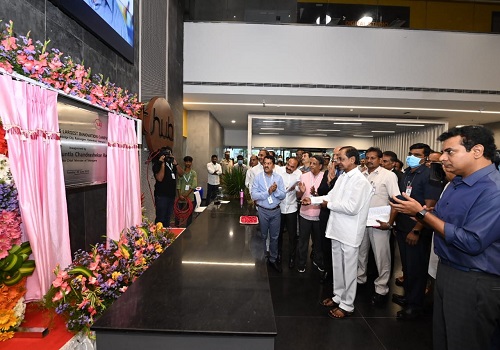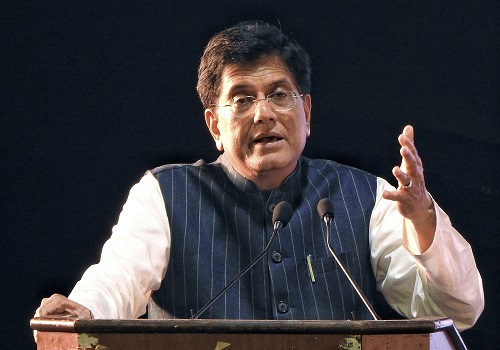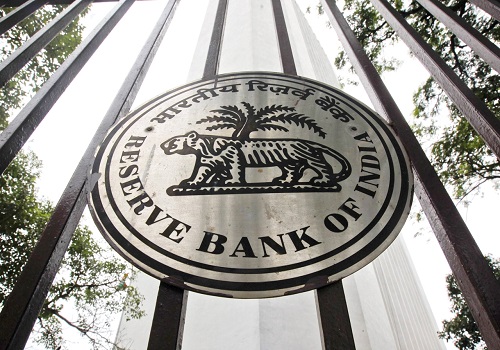Sub-optimal ITC management affects profitability by up to 8%: Survey

Follow us Now on Telegram ! Get daily 10 - 12 important updates on Business, Finance and Investment. Join our Telegram Channel
Close to 83% of enterprises have not been able to optimise Input Tax Credit (ITC) claims correctly, as per a survey conducted by ClearTax.
The survey was aimed at finding the pain points of availing input tax credit without any delay. The findings are based on a survey that sampled 1,200 enterprises across the country and also past proprietary research conducted by ClearTax. It is a strong indicator of the pain points in optimising ITC claims and filing GST returns that are affecting profitability in a significant way.
These trends have affected large enterprises significantly. A multinational company faced a total loss of Rs 850 crores due to suboptimal ITC management. This includes Rs 50 crores of ITC not filed and Rs 800 crores of interest loss on delayed filing by vendors, the ClearTax survey noted.
Another lifestyle company registered a total loss of about Rs 200 crores due to ITC mismanagement. This includes Rs 30 crores of ITC not filed and Rs 170 crores of interest loss on delayed filing by vendors. Mid-sized enterprises also faced similar issues. Based on ClearTax analysis, this varies between Rs 15 crores and Rs 20 crores.
The study says that almost a third of companies find the process of ITC claims extremely laborious and cumbersome. It points towards the inefficiencies in the return filing journey of an average enterprise. 40% of the GSTINs file quarterly returns which also delays ITC.
The input tax credit is allowed only if the supplier deposits the tax he collected with the government. 30% of the respondents stated that small vendors not filing invoices was another major reason for the inefficiency in the ITC optimisation process. 10% of total eligible ITC claims gets held up due to delay in the filing by vendors.
Three in four enterprises are emphasising proactive vendor management to avoid delayed or suboptimal ITC claims. These enterprises follow up with vendors at least once every month. Over 80% of large enterprises now intend to hold payments of non-compliant vendors e.g. A large cement firm has started holding the GST amount during vendor payments until the vendor uploads invoices and it reflects in GSTR-2A. This new practice requires the enterprises to perform their purchase reconciliation on a more frequent basis as vendor payments are processed accordingly.
The trend has been affecting the profitability of firms by up to 8%. Non-compliant vendors who do not file their returns are the single most important factor contributing to the hit in profitability across enterprises. Delayed filing by vendors also contributes to the dip in profitability.
As per ClearTax estimates, over 10 million enterprises need to claim ITC in 2021.
The key finding of the survey is the extent of differences in the impact of ITC observed across industries. Industries that work with multiple vendors exhibited a larger impact over the rest. These include textiles, advertising, media, entertainment, and information technology.
Apart from imparting awareness and efficient vendor management, there is a need to make the process of refund of unutilised ITC more seamless. The respondents of the survey expressed the need for an automated refund process. This will help businesses in getting back their money on time thereby allowing better working capital management. It will also help them save time and reduce manual efforts.










Tag News

Monthly Debt Market Update, September 2023: CareEdge Ratings













